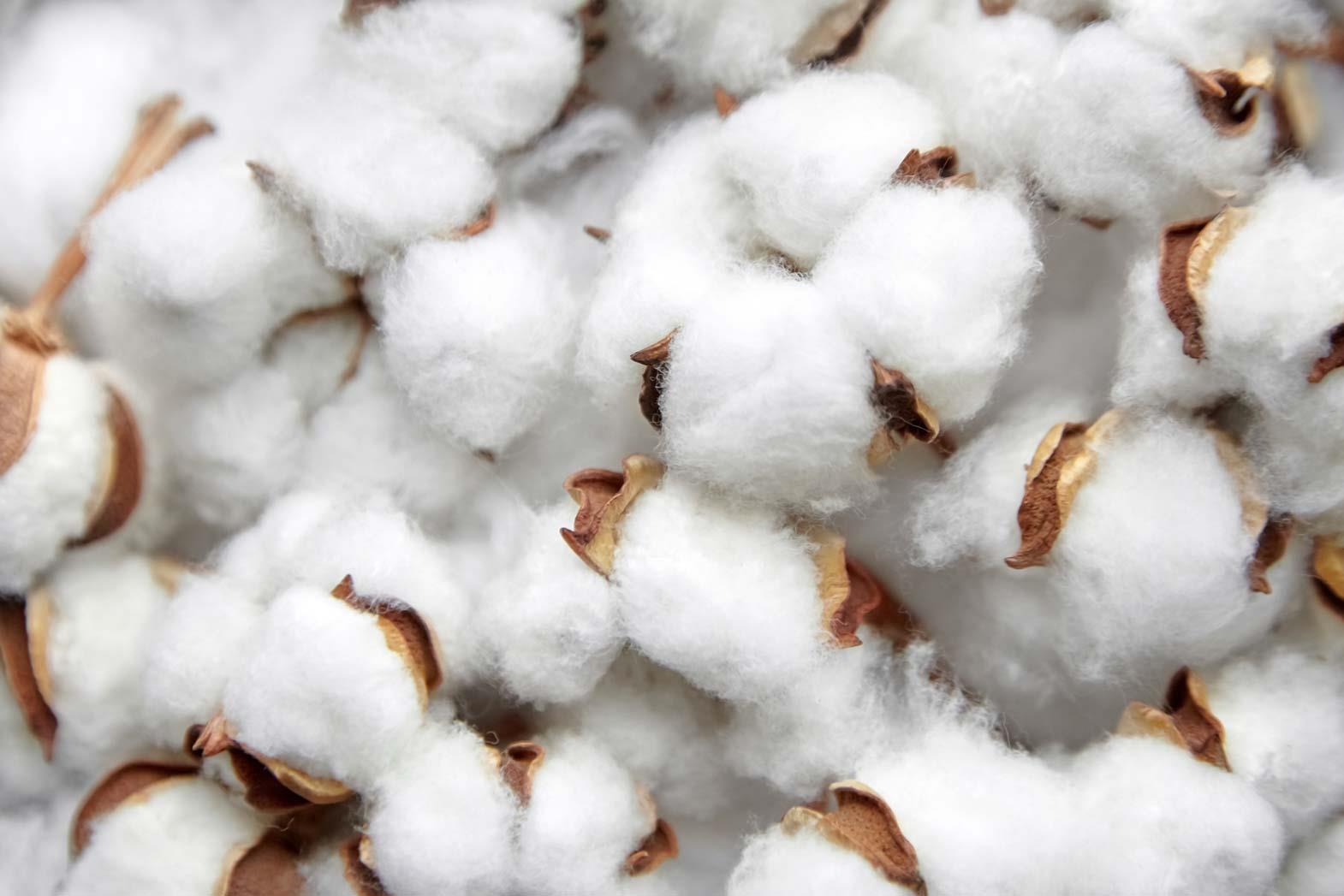Cotton is a natural fiber which is renewable and biodegradable. It has become an inevitable part of one's living, which is why it is also called "fabric of our lives". Mankind has been using cotton for the last 7000 years on a daily basis for different purposes. However, conventional cotton has huge environmental impacts, which have lead the cotton industries globally shift to a sustainable choice- organic cotton.
Today, cotton is the most widely used raw material in the world. It is used for manufacturing apparels, denims, home textiles, towels, lingerie and even food and medical products. Nevertheless, it is a known fact that growing cotton has many challenges, since it requires large amount of water, chemicals and pesticides. The cost of production and purchasing conventional cotton is less, but for the well-being of the land and farm workers, organic cotton is the best choice.
What is Organic Cotton?
Organic cotton means cotton that is grown without using harmful pesticides, chemicals and synthetic fertilizers. The methods and materials used in organic cotton farming maintain soil fertility and reduce negative impacts on rivers and fresh water sources close to the cotton farms. Further, organic cotton production does not use genetically modified (GM) seeds.
Why organic cotton is sustainable?
Organic cotton has proven benefits and nothing can beat its claim for sustainability. Farmers, who shift to organic cotton farming, not only make their lives healthy but also benefit the ecosystem. As it eliminates the use of pesticides and fertilizers, organic cotton prevents contamination of groundwater, thus making drinking water clean and safe. It has been found that the impact of water pollution of organic cotton is 98% less compared to the conventional cotton production.
It prevents pests for a long time through advantageous habitat planting. It preserves biodiversity by eliminating the use of toxic chemicals and insecticides on cotton. Organic cotton farming also contributes to the fight against global warming. As synthetic pesticides and fertilizers are not used, it reduces nitrogen emission in the atmosphere. Thus, organic cotton produces 94% less greenhouse gas emissions.
In addition, cotton grown organically reduces soil erosion and creates healthy soil. This type of soil has the power to withstand even draught conditions. Organic cultivation changes the soil into a carbon pit, which helps to remove carbon dioxide from the atmosphere. It helps the farmers to work within their limits, supporting the planet in a sustainable way.
Besides, environmental benefits, there are other benefits of organic cotton production. It provides healthy working environment to the workers and small scale farmers. Farmers increase their savings by not spending money on pesticides. Organic cotton products are softer and safer for the skin. Also, child or forced labor is not allowed in organic cotton production. Thus, labor laws are properly followed.
Today, one of the chief goals of cotton industry is to achieve sustainability. In fulfilling this goal, the industry scientists have developed new methods and technologies that are implemented across the supply chain all over the world. The industry concentrates on meeting the current demand of organic cotton, at the same time earning profits without compromising on the sustainability parameters.
It ensures to reduce the environmental impacts at every step of cotton production, i.e. from not using GM seeds, to methods of cotton production and manufacturing practices used for finished products. Research has played an important role in achieving these targets of sustainability.
Scientists are carrying out several experiments and studies for developing draught resistant cotton plants, and plants that naturally prevent pest growth. In future, these studies will come up with fruitful results and help the industry achieve complete sustainability in growing cotton. There are many such developments happening in the cotton industry which will support the industry to cater to the current and future demand of organic cotton.
Since, several textiles are produced from cotton; the apparel industry plays a significant role in the production of organic cotton. Apparel brands are developing programs that will use 100% organic cotton. A Swedish fashion retail brand is offering 100% organic cotton garments. The company tops the list of biggest users of organic cotton in the world and aims to procure 100% cotton from sustainable sources by 2020.
Apart from the cotton and the apparel industry, consumers play a vital role in production of organic cotton. If the consumers demand more organic textiles, it will force the apparel companies to use more organic cotton. Hence, when the demand rises more programs will be engaged in the production of organic cotton. Moreover, apparel companies have to be careful when sourcing organic cotton. Sometimes big companies use fake certificates of organic cotton for "Greenwashing".
Genuine cotton certification is necessary to guarantee that the cotton is 100% organic and sustainable. Third party certification organizations have been established to verify whether the cotton is produced by using materials allowed in organic cotton production. The certificate with highest environmental and ethical standards is the "Eko Sustainable Textile" certificate. Organic cotton textiles that are produced under the GOTS (Global Organic Textile Standard) can only avail this certificate. It not only includes environmental standards but also social standards.
The demand for organic cotton is high in Europe, U.S., UK and Japan even after the recession. More people are becoming aware of the health and environmental benefits that organic cotton brings, which is a positive sign of sustainable growth. India is the largest producer of organic cotton in the world with 51% of global organic cotton next to Turkey. Moreover, India is the only country in the world that grows and markets four species of cotton.
According to the reports, organic cotton industry grew 20% to the value of $5.16 billion in 2010 and is expected to exceed $19.8 billion by the year 2015. Many retailers and brands have doubled the usage of organic cotton and will continue to do so in the future. The cotton industry in the U.S. ensures that cotton is produced in a sustainable manner which supports economically, environmentally and socially. There are strict laws to ensure that all the cotton sold as organic in the U.S. are grown in organic way.
The road to sustainable cotton is not easy. The recent developments in the cotton industry and shift made by the apparel companies towards organic cotton ensure that by making a sustainable choice, the coming generation will get a sustainable environment to live.
References:
1. Ensser.org
2. Organic-cotton.us
3. Rapanuiclothing.com
4. Cottonedon.org
5. Motherearthnews.com
6. Ecouterre.com










Comments